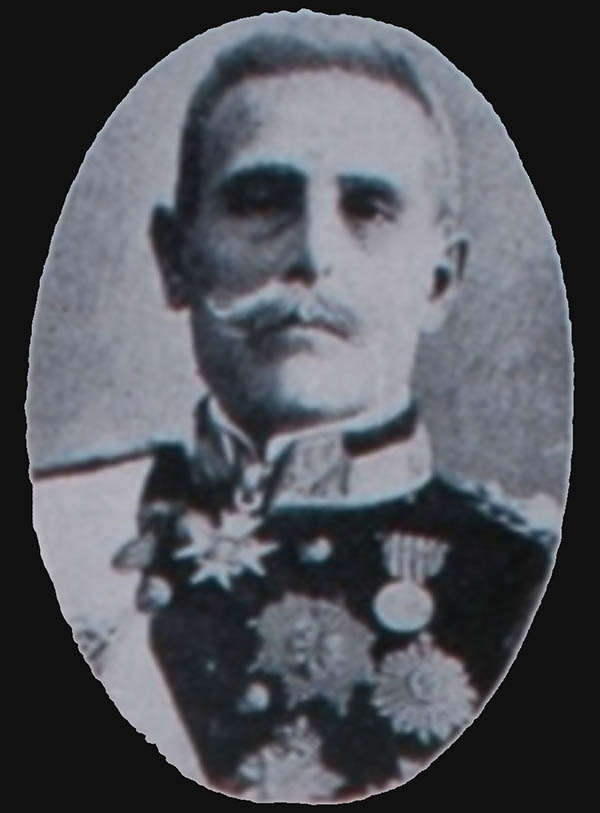
This copy is copyright protected.
Copyright © 2025 Geographicus Rare Antique Maps

Manuel Rafael Gorjão (April 24, 1846 - September 22, 1918) was a Portuguese army officer, colonial administrator, and government official. Born to a noble family with a history of serving as ministers for the Portuguese crown, Gorjão attended the Escola Politécnica de Lisboa and then the army academy (Escola do Exército), where he studied military engineering. He worked extensively in the colonies, focusing on infrastructure and public works, including the construction of the Ambaca Railway in the late 1880s - early 1890s. He then served as a governor of various provinces in Mozambique, where he helped navigate Portugal's position during the Second Boer War. This work gained him acclaim in Portugal and he was promoted to brigadier general on his return to Lisbon. Soon afterwards, in 1903, he was appointed Ministro da Marinha e do Ultramar in the civilian government, then returned to the military as a member of the Supremo Conselho de Defesa Nacional. He served as military governor of Lisbon during Portugal's 1910 revolution. Despite his monarchist leanings, he aimed to negotiate a peaceful solution to the crisis, which likely helped the Republicans prevail.
Copyright © 2025 Geographicus Rare Antique Maps | Geographicus Rare Antique Maps

This copy is copyright protected.
Copyright © 2025 Geographicus Rare Antique Maps